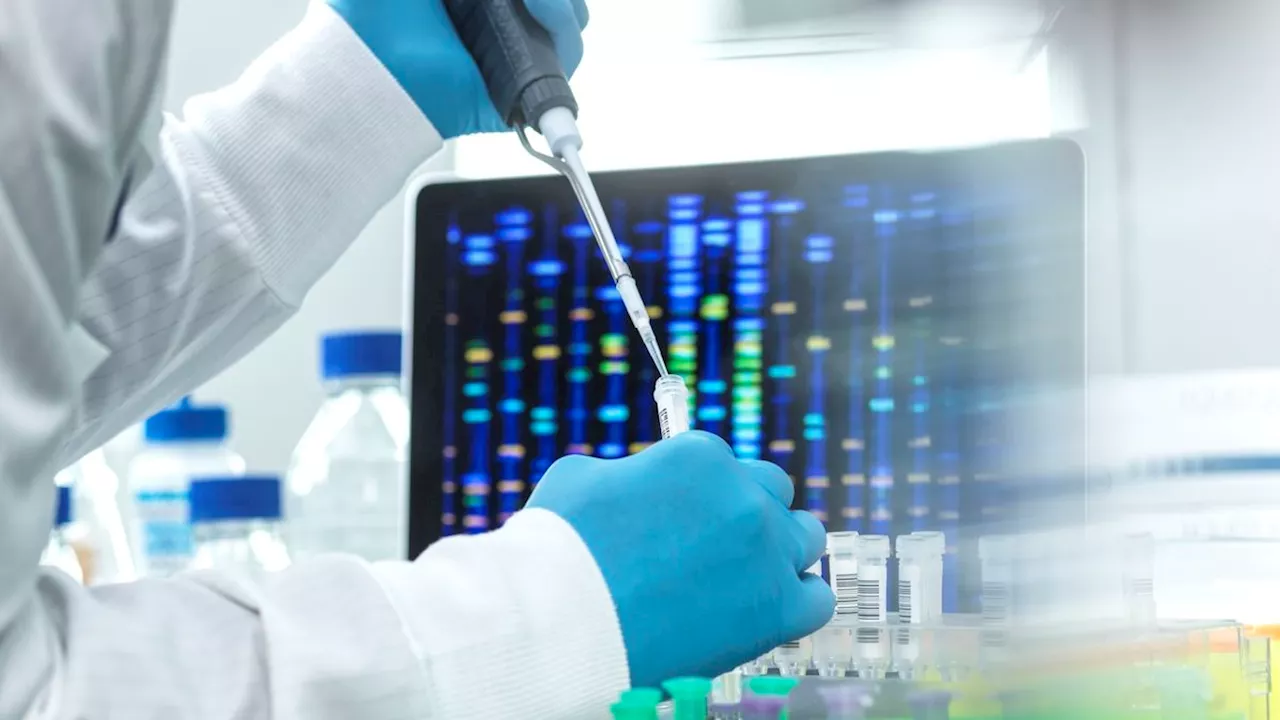Patrick Pester is a freelance writer and previously a staff writer at Live Science. His background is in wildlife conservation and he has worked with endangered species around the world. Patrick holds a master's degree in international journalism from Cardiff University in the U.K.
When it comes to linking a suspect to a crime, most people assume that DNA evidence is nearly irrefutable. DNA carries a unique fingerprint, so if a suspect's genetic code is matched to DNA found at the crime scene, then they must have been there — right?The study, published online Sept. 28 in the journal iScience, found that a common DNA test used in forensics is more likely to produce"false positive" results for certain groups of people.
Mixture analysis doesn't give a simple"yes" or"no" to whether a person was present for a crime. The technique involves computer software that estimates how likely it is that someone's DNA contributed to a given mixture. As a part of a criminal trial, that likelihood estimate might then go to a jury, along with other evidence, according to the National Institute of Standards and Technology .
"Our work shows that we need to be cautious in interpreting results from forensic analysis of certain mixtures of DNA," study lead author Rori Rohlfs, a data scientist at the University of Oregon, told Live Science in an email."We certainly need to weigh the strength of evidence by its reliability. It is possible that a wrongful conviction could have been made based on a misinterpreted DNA mixture analysis.
"While that number may seem small, we need to interpret it compared to the number of samples analyzed," Rohlfs said."For example, if a lab analyzes 10,000 samples where the POI didn't contribute DNA, then there is a 1 in 10 chance that one of them would be misinterpreted that the POI did contribute."
Groups that might have relatively low genetic diversity include Indigenous groups and Pacific Islander groups, according to a statement released by the University of Oregon.
United States Latest News, United States Headlines
Similar News:You can also read news stories similar to this one that we have collected from other news sources.
 Brittany Mahomes Shows Photos of Bronze at Pumpkin Patch 1 Year ApartBrittany Mahomes and husband Patrick Mahomes welcomed their son, Patrick ‘Bronze’ III, in November 2022
Brittany Mahomes Shows Photos of Bronze at Pumpkin Patch 1 Year ApartBrittany Mahomes and husband Patrick Mahomes welcomed their son, Patrick ‘Bronze’ III, in November 2022
Read more »
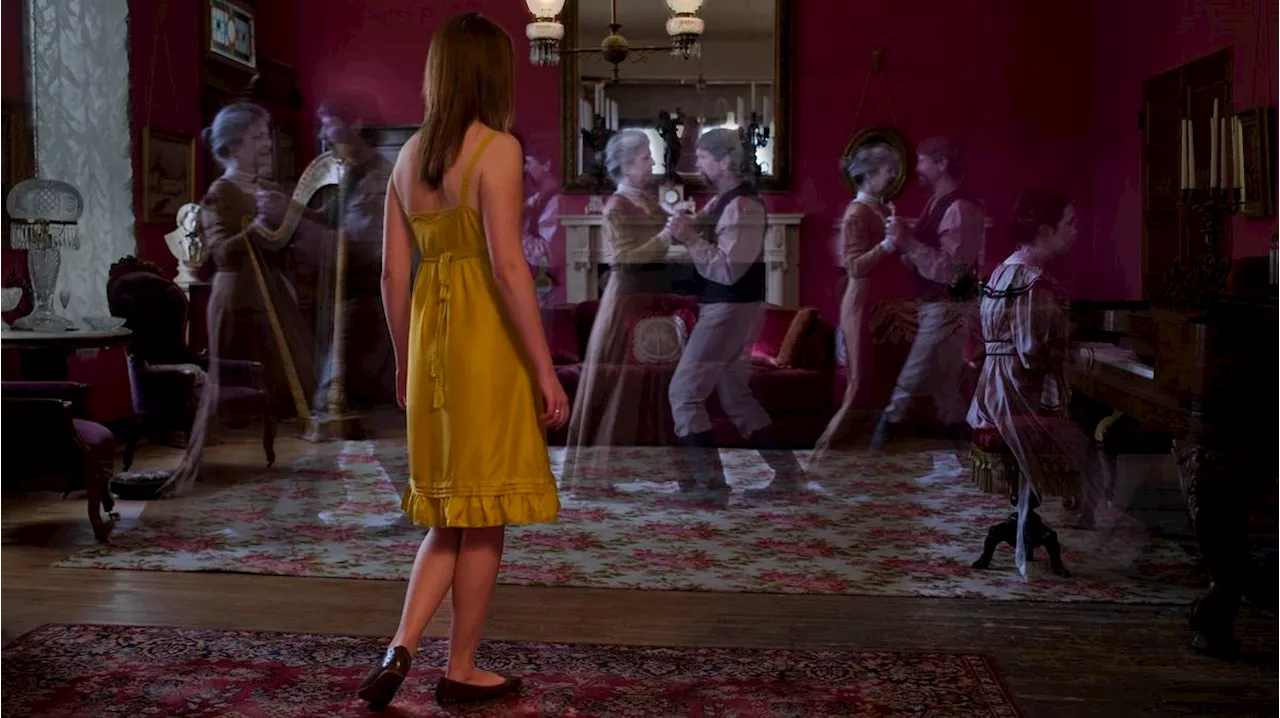 What's the scientific explanation for 'ghost encounters'?Patrick Pester is a freelance writer and previously a staff writer at Live Science. His background is in wildlife conservation and he has worked with endangered species around the world. Patrick holds a master's degree in international journalism from Cardiff University in the U.K.
What's the scientific explanation for 'ghost encounters'?Patrick Pester is a freelance writer and previously a staff writer at Live Science. His background is in wildlife conservation and he has worked with endangered species around the world. Patrick holds a master's degree in international journalism from Cardiff University in the U.K.
Read more »
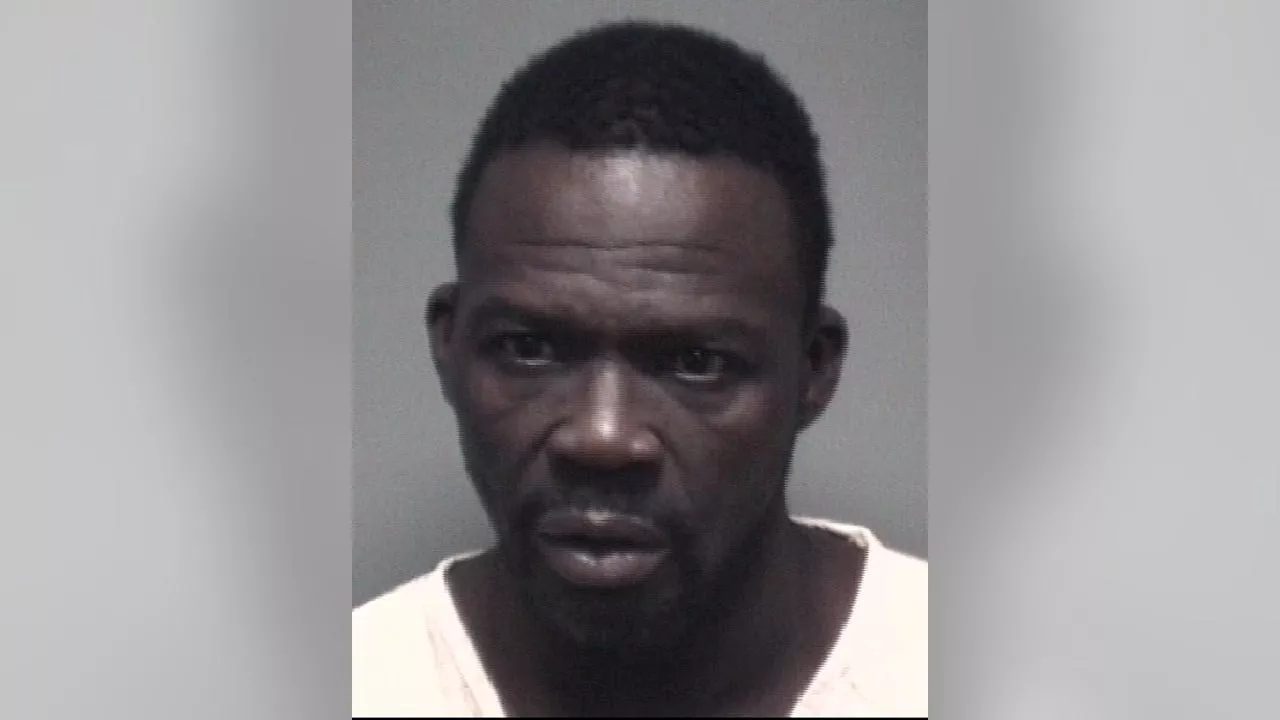 Cold case cracked: DNA evidence links suspect to 2008 Grand Prairie murderGrand Prairie police have arrested a suspect in a 2008 murder case following advancements in DNA testing technology.
Cold case cracked: DNA evidence links suspect to 2008 Grand Prairie murderGrand Prairie police have arrested a suspect in a 2008 murder case following advancements in DNA testing technology.
Read more »
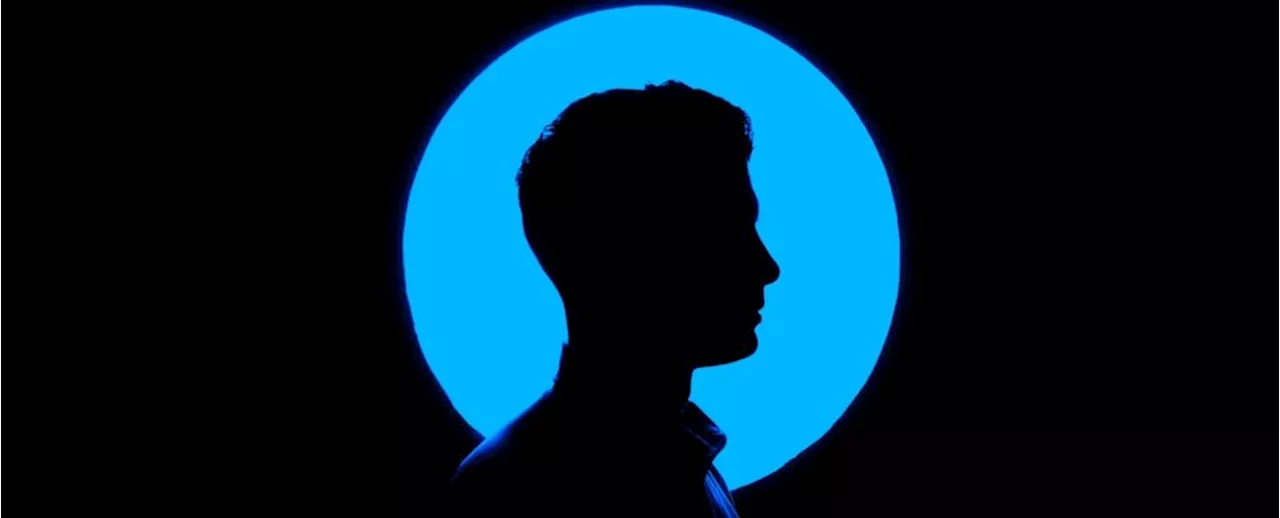 Millions of People's DNA in Doubt as 23andMe Faces BankruptcyThe Best in Science News and Amazing Breakthroughs
Millions of People's DNA in Doubt as 23andMe Faces BankruptcyThe Best in Science News and Amazing Breakthroughs
Read more »
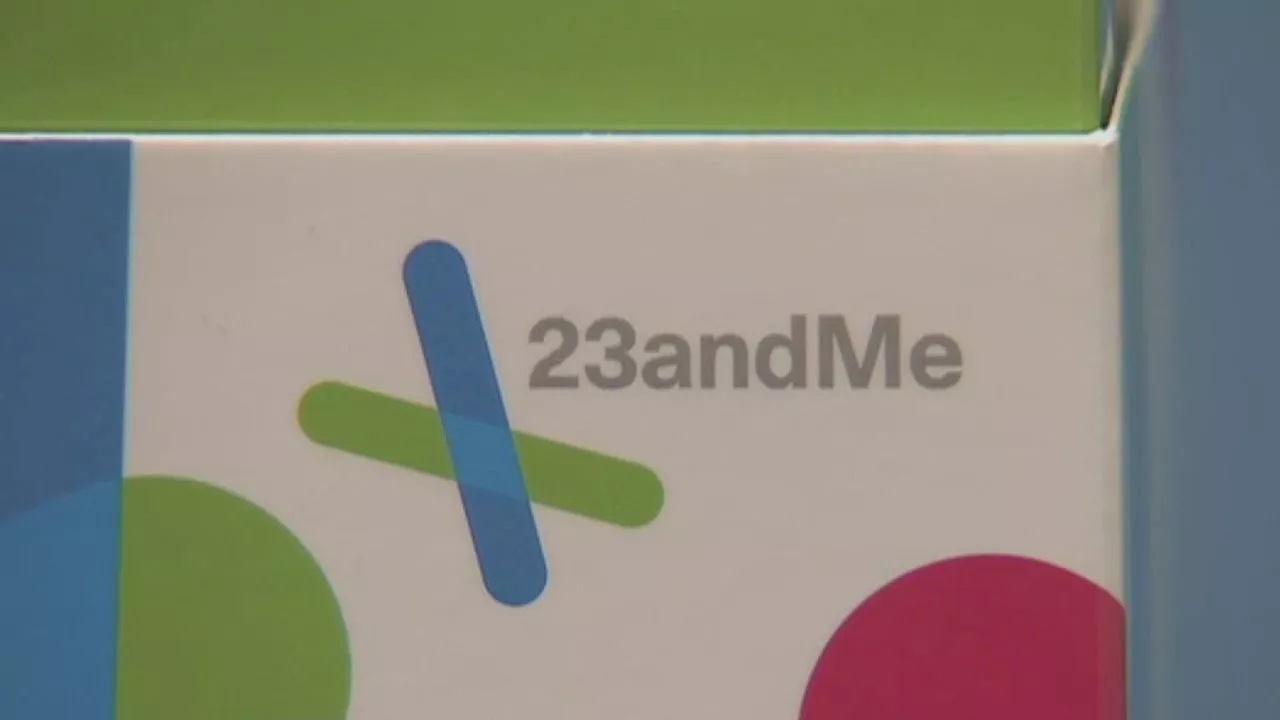 Future of 23AndMe raises questions about DNA data securityThe genetic-testing company 23andMe is facing financial difficulties, raising concerns about the privacy and security of its customers' DNA data.
Future of 23AndMe raises questions about DNA data securityThe genetic-testing company 23andMe is facing financial difficulties, raising concerns about the privacy and security of its customers' DNA data.
Read more »
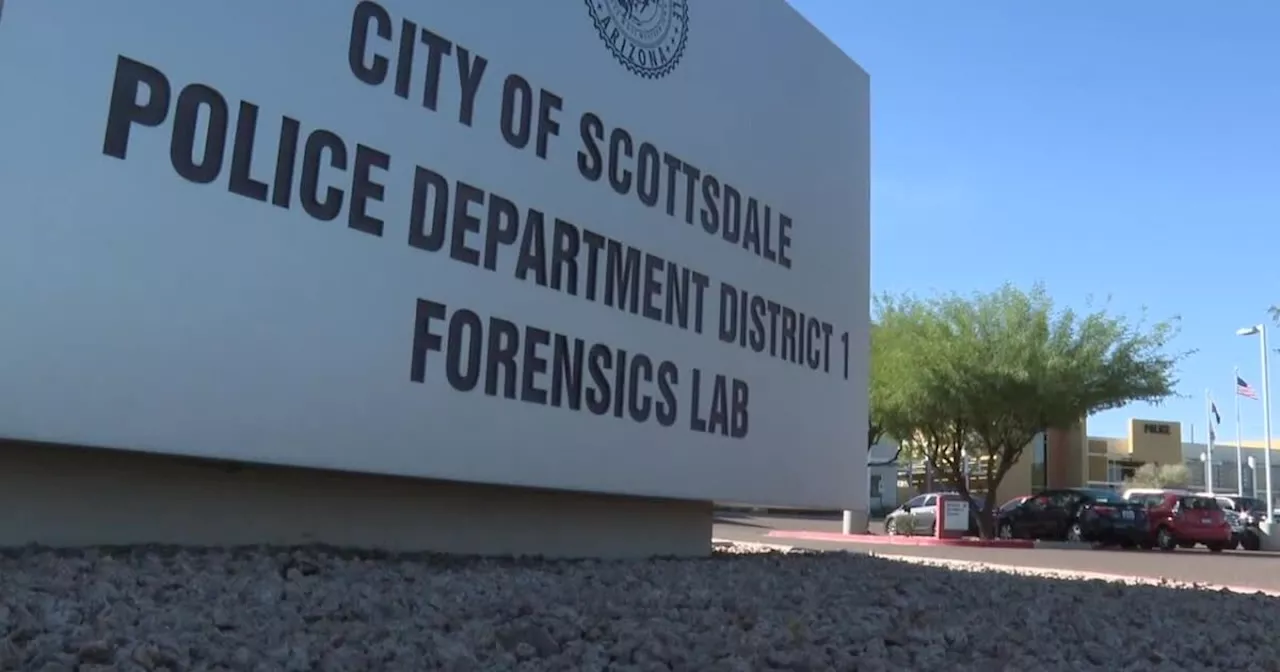 Scottsdale Police address DNA evidence backlog with DOJ grantJane Caffrey joined ABC15 September 2024 as a multimedia journalist. She is passionate about listening to concerns and digging deep to find answers and taking an in-depth look at crucial topics.
Scottsdale Police address DNA evidence backlog with DOJ grantJane Caffrey joined ABC15 September 2024 as a multimedia journalist. She is passionate about listening to concerns and digging deep to find answers and taking an in-depth look at crucial topics.
Read more »
